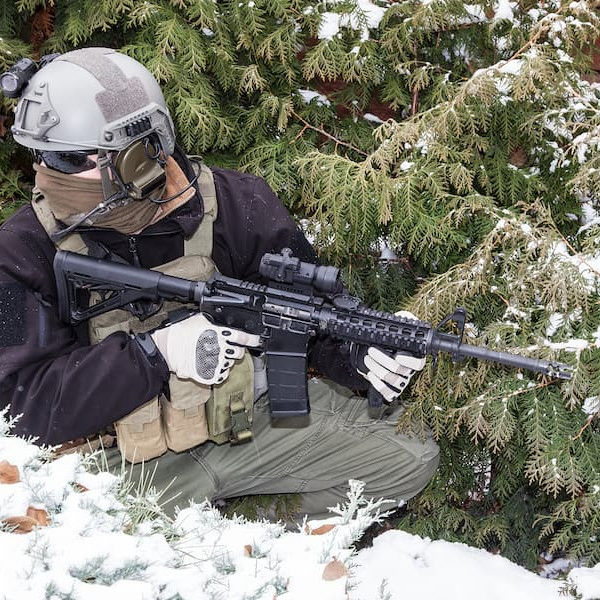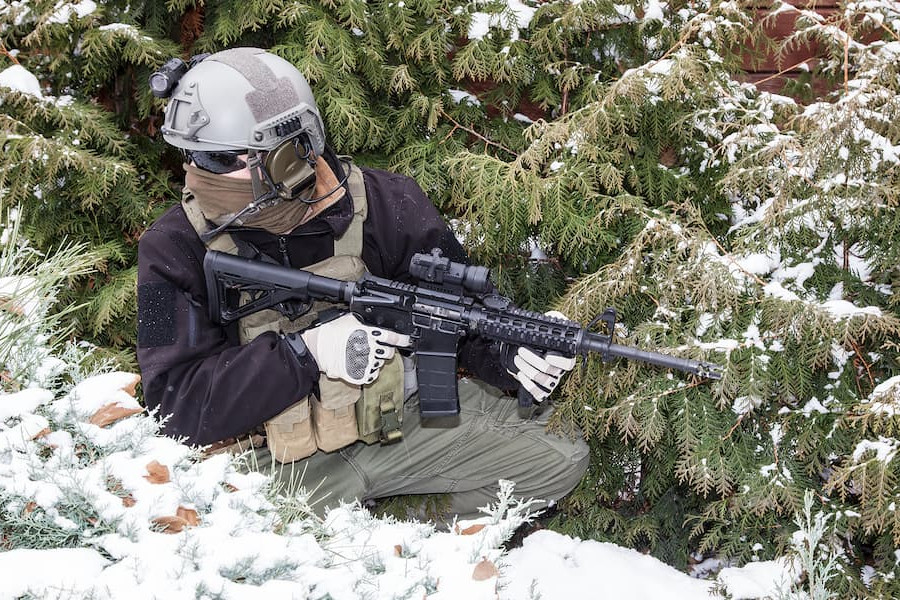The Defense Base Act (DBA) is an extension of the Longshore and Harbor Workers’ Compensation Act (LHWCA). It provides disability compensation and medical benefits and death benefits to employees of United States government contractors who perform work overseas. With a few exceptions, the DBA incorporates the provisions of the LHWCA. MWL meticulously represents carriers’ and employers’ subrogation rights involving benefits paid under the Defense Base Act (DBA) for the recovery of benefits paid for disability or death of persons employed at military, air, and naval bases outside of the U.S. This also includes the filing and handling of reimbursement applications and claims filed with the U.S. for recovery of benefits paid under the War Hazards Compensation Act (WHCA) to employees of government civilian contractors as a result of their detention by a “hostile force or person” or to certain employees when injury or death occurs due to a “war-risk hazard.”
MWL’s three decades of subrogation experience across the continents means that we have access to local counsel and experts in foreign countries where Defense Base Act accidents occur. It is one thing to promptly and thoroughly investigation an accident in Louisville, Kentucky; but quite another to effectively do the same in Kandahar, Afghanistan. Translators and politicians must sometimes be added to the mix of people necessary to effectively subrogation such losses.
The War Hazard Compensation Act (WHCA) provides full federal reimbursement of contractor costs for injury or death claims related to “war-risk hazard” pursuant to a worker’s compensation claim. MWL has experience in proving that a “war-risk hazard” was responsible for an injury. But proof is only the beginning.
Proving the elements of a WHCA reimbursement claim is extremely time-consuming. The rules and procedures for requesting reimbursement under the WHCA are extremely specific. Applications for reimbursement must be meticulously documented and include supports such as proof of liability (policy or self-insurance certificate), compensation orders (if any), medical reports, claim forms, bills for medical and other expenses, and proofs of payment. Submissions must also include a cover letter outlining why the WHCA applies, a recitation of the Act’s provisions relied on, and an evidentiary statement, supported by documentation, as to why the loss was the result of a “war-risk hazard.” Common documentation includes military or local police reports, newspapers, magazine articles, internet or employer reports, and medical reports that describe the incident in their narrative health histories.


